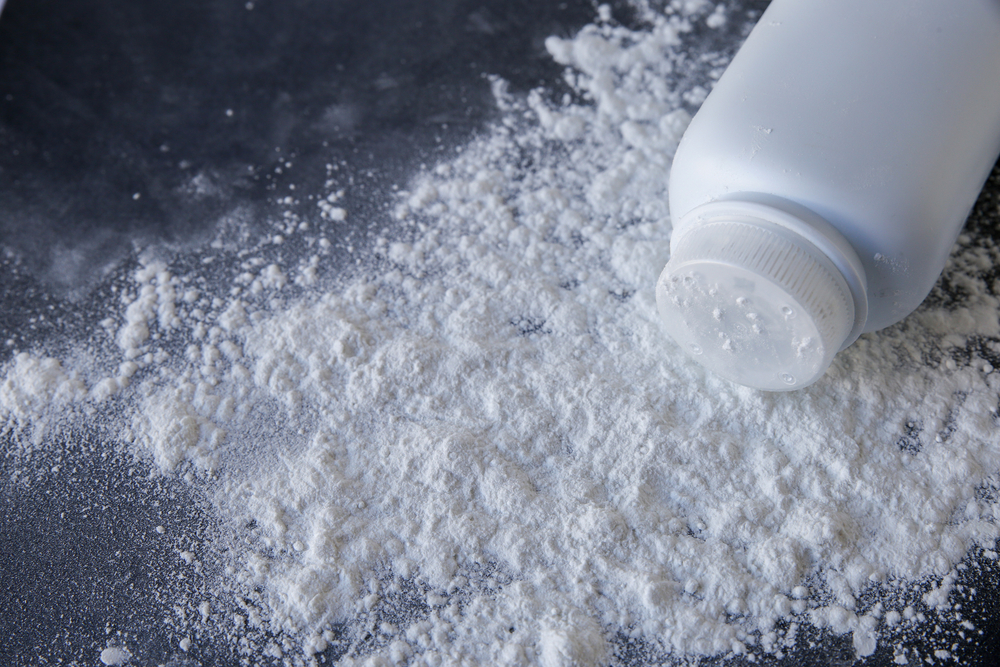The U.S. Department of Justice has taken a decisive stance against Johnson & Johnson’s controversial talc lawsuit bankruptcy strategy, declaring it an act of bad faith. This significant development in the J&J talc lawsuit challenges the company’s attempt to resolve thousands of cancer claims through a subsidiary’s bankruptcy filing, commonly known as the “Texas Two-Step.” The Justice Department’s intervention marks a crucial turning point in one of the largest product liability lawsuits in U.S. history.
The ongoing J&J talcum powder litigation involves thousands of legal claims alleging a link between Johnson & Johnson’s talc-based products, including its iconic Baby Powder, and ovarian cancer and asbestos-related illnesses. The DOJ’s motion to dismiss the bankruptcy filing directly confronts J&J’s corporate strategy, which critics argue was designed to limit the company’s financial exposure to talc lawsuits while protecting its broader business interests. This legal battle has significant implications for both current claimants seeking compensation and the future handling of mass tort claims in bankruptcy court.
Background of J&J Talcum Powder Lawsuits
Johnson & Johnson’s talc-related legal challenges first began more than three decades ago, when researchers first established a potential link between regular talcum powder use and increased ovarian cancer risk. The first significant legal defeat came in 2013 when Deanne Berg won her lawsuit against J&J for failing to warn consumers about cancer risks. In December 2018, Reuters revealed in an investigative report that J&J had known about asbestos contamination in their talc products for decades. Internal documents showed that from 1971 to the early 2000s, the company’s talc products occasionally tested positive for asbestos.
Johnson & Johnson Discontinues Talcum Powder Sales
Facing mounting pressure, J&J discontinued talc-based Baby Powder sales in the U.S. and Canada in 2020, eventually extending this globally in 2023. The company has maintained its products’ safety while setting aside billions for talc-related litigation. Despite prevailing in a large percentage of ovarian cancer lawsuits tried to date, J&J continues to face significant legal challenges and scrutiny over its handling of talc-related health concerns.
DOJ’s Motion to Dismiss J&J’s Talcum Powder Bankruptcy Filing
In a significant development, the Department of Justice (DOJ) has come out in opposition to Johnson & Johnson’s latest bankruptcy attempt, describing the company’s tactics as “a textbook example of bad faith.” A motion to dismiss filed on October 21, 2024, by the U.S. DOJ Trustee representing the Texas region, targets J&J’s third attempt to resolve approximately 60,000 talc-related lawsuits through bankruptcy proceedings. “Although its basic strategy is unchanged, J&J has caused this case to be filed under the name of a new shell entity and in a different district, all in an apparent effort to evade the bad faith findings entered in the previous cases,” the motion states. “The Debtor itself has no need for bankruptcy relief and it had no valid restructuring purpose when it filed its bankruptcy petition.”
Implications for Talc Powder Cancer Litigation
The ethical implications of Johnson & Johnson’s bankruptcy strategy have sparked intense debate within the legal community. Critics argue that the company, valued at over $400 billion, is exploiting bankruptcy laws while maintaining substantial financial resources, distributing approximately $1 billion monthly in shareholder dividends. The controversial “Texas Two-Step” maneuver raises several ethical concerns:
- Potential abuse of the bankruptcy system to avoid corporate responsibility
- Delayed justice for alleged cancer victims through trial stays
- Strategic asset transfers between corporate entities
- Limited accountability for profitable companies
Corporate Accountability for Product Liability Claims
The Justice Department’s opposition to Johnson & Johnson’s bankruptcy strategy marks a decisive moment in corporate accountability for product liability claims. This federal intervention challenges the legitimacy of using bankruptcy mechanisms to shield profitable companies from mass tort claims, particularly when dealing with serious health-related litigation. The DOJ’s characterization of the strategy as “bad faith” sends a clear message about the limits of corporate legal maneuvering, especially given J&J’s substantial financial resources and continued shareholder distributions while alleged cancer victims await compensation.
Talcum Powder Lawsuit Information
Talcum Powder and Cancer, American Cancer Society
Talcum Powder Lawsuit, Leading Justice
J&J's Latest Talc Bankruptcy Bid Must Be Dismissed, DOJ Says, Bloomberg Law




